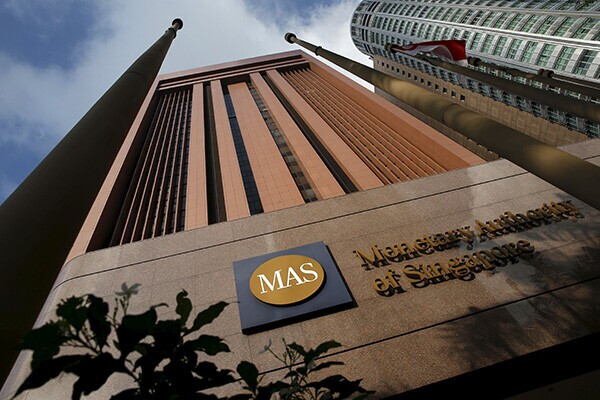
SINGAPORE – The Monetary Authority of Singapore (MAS), the nation's central bank and financial regulator, has unveiled a series of strengthened regulations aimed at fortifying the cybersecurity defenses and technology risk management practices of financial institutions operating within its jurisdiction. The move underscores Singapore's commitment to maintaining a robust and secure financial ecosystem in an increasingly digital and threat-laden landscape.
Effective May 10, 2024, two key notices, the Notice on Technology Risk Management (FSM N21) and the Notice on Cyber Hygiene (FSM N22), have come into force. These legally binding mandates stipulate stringent requirements for maintaining the high availability and recoverability of critical IT systems, bolstering IT controls to safeguard sensitive customer data, and implementing essential cyber hygiene practices. These practices include rigorous security measures for administrator accounts, the timely application of security patches, the establishment of robust security baselines, the deployment of network security infrastructure, the adoption of anti-malware solutions, and the mandatory implementation of multi-factor authentication (MFA) for privileged accounts and those accessing customer information remotely.
Furthermore, the MAS has also tightened its grip on outsourcing risks. The Notice on Outsourcing by Banks (MAS Notice 658) and the Notice on Outsourcing by Merchant Banks (MAS Notice 1121), set to take effect on December 11, 2024, will require banks and merchant banks to meticulously evaluate, manage, and oversee the potential risks associated with engaging third-party outsourcing service providers.
The sweeping regulations apply to all financial institutions operating in Singapore, encompassing a broad spectrum of entities from traditional banks and insurance firms to burgeoning fintech startups, payment processors, and venture capital management companies. Non-compliance will not be taken lightly. Under the Financial Services and Markets Bill (FSM Bill) of 2022, the MAS is empowered to levy substantial fines for breaches. Data breaches, for instance, could result in penalties of up to SGD 1 million, with the possibility of escalating fines for multiple infractions.
The detailed requirements outlined in the Technology Risk Management Notice mandate the establishment of comprehensive frameworks for identifying and managing core systems, setting stringent recovery time objectives (RTOs) of under four hours for critical systems, and obligating institutions to report significant incidents to the authorities within one hour of discovery, followed by a detailed root cause analysis within 14 days. The Cyber Hygiene Notice delves into granular technical controls, emphasizing proactive measures to prevent unauthorized access and data leakage.
In a forward-looking move, the MAS also issued an advisory in February 2024, cautioning the financial sector about the emerging cybersecurity risks associated with quantum computing. Recognizing the potential of future quantum computers to break current encryption algorithms, the MAS urged financial institutions to stay abreast of developments in this field, educate their leadership and vendors about the potential threats, assess their IT supply chain vulnerabilities, and collaborate through information-sharing initiatives.
Implications for Korean Financial Institutions
Industry analysts suggest that these strengthened regulations from Singapore hold significant implications for financial institutions operating beyond its borders, particularly those in closely linked global markets like South Korea. The increasing interconnectedness of the global financial system necessitates that domestic financial players closely monitor international regulatory trends and proactively adapt to evolving cybersecurity and technology risk management expectations. Korean financial institutions with a presence in Singapore are particularly urged to thoroughly understand and comply with the MAS's new mandates, ensuring their internal systems and processes meet the elevated standards.
The article also highlighted the potential role of IT compliance solutions, such as those offered by Fortra's Tripwire, in assisting financial institutions to meet the MAS's stringent requirements. These solutions offer capabilities in areas like automated data backup, vulnerability management, network security, anti-malware measures, multi-factor authentication, and security configuration management, all crucial elements in achieving regulatory compliance and bolstering overall cybersecurity posture.
As the digital landscape continues to evolve and cyber threats become increasingly sophisticated, Singapore's proactive approach to strengthening its regulatory framework serves as a crucial reminder for financial institutions worldwide to prioritize cybersecurity and technology risk management as fundamental pillars of their operations.
[Copyright (c) Global Economic Times. All Rights Reserved.]




























